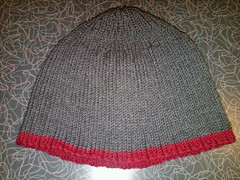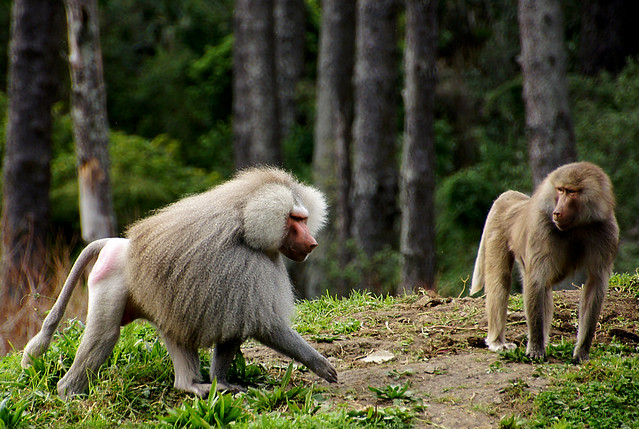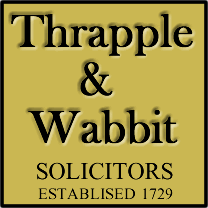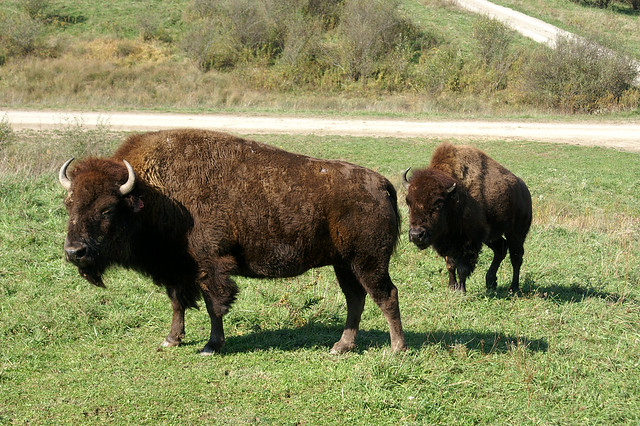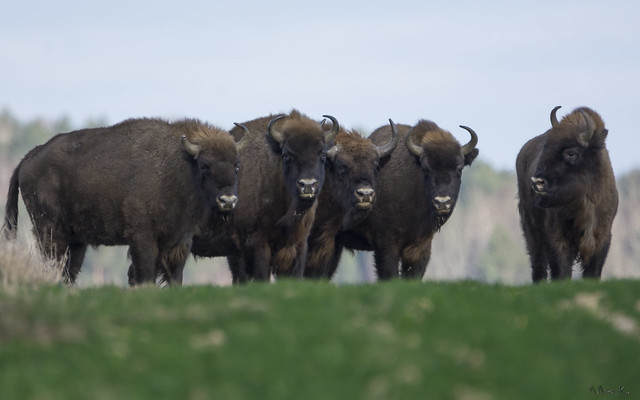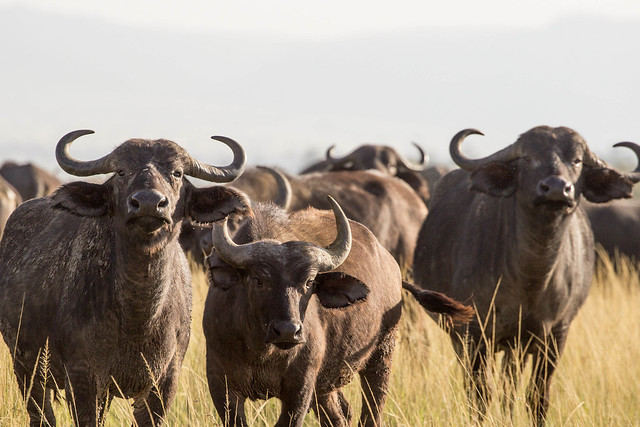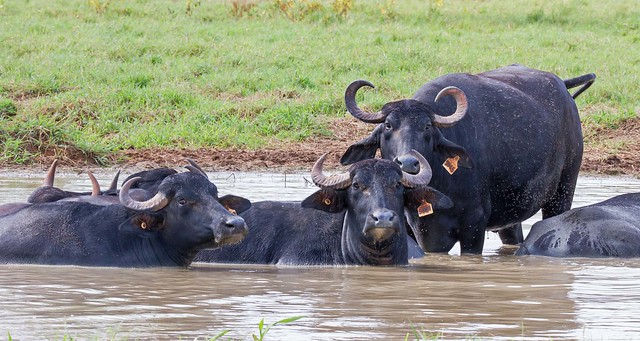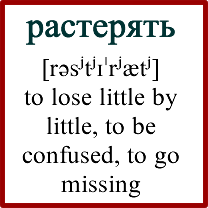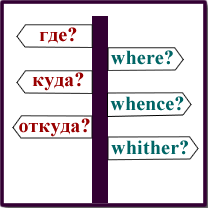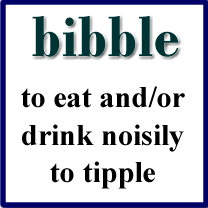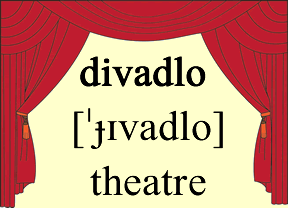
A word that has come up a number of times in the Czech lessons I’ve studied this week is divadlo [ˈɟɪvadlo] (theatre). I have to look it up every time as I don’t remember what it means.
So I thought if I look into its etymology and find some related words, it might help me to remember it.
Divadlo means theatre, drama or play-acting, and comes from dívat (to look, watch) and -dlo (an instrumental suffix), so it means something like ‘a way to watch’ [source].
Related words and expressions include:
- divadelní = theatrical
- divadelně = theatrically
- politické divadlo = political play-acting
- loutkové divadlo = puppetry
- divadlo pro veřejnost = publicity stunt
- hrát divadlo = to act out a play
- dívat = to look
- dívat se = to look, watch, gaze
- podívat = to peep
- podívat se = to see, to look at, to have a look, to take a look
Source: bab.la
